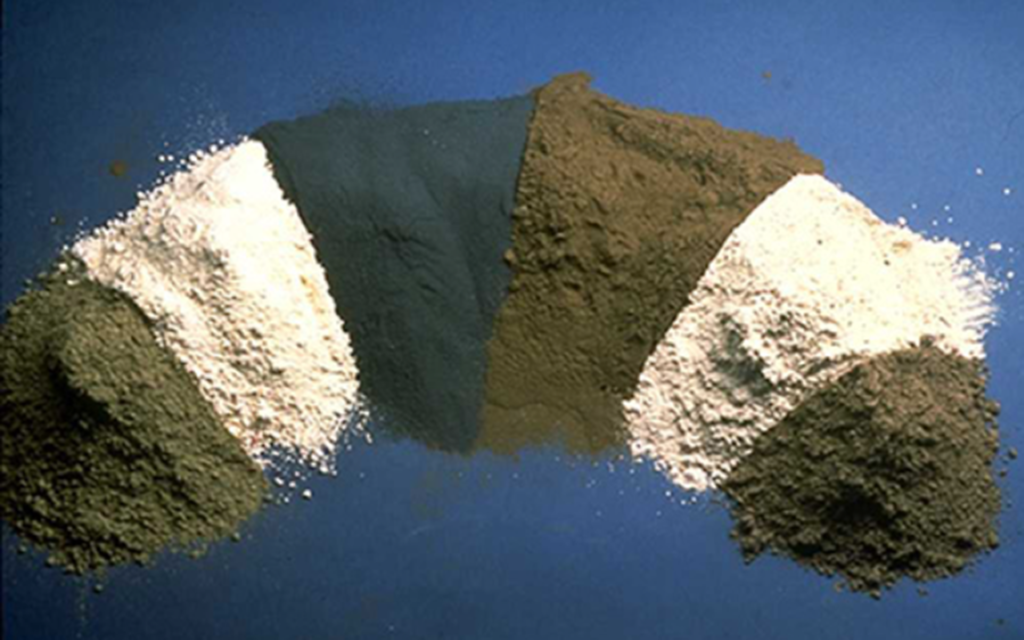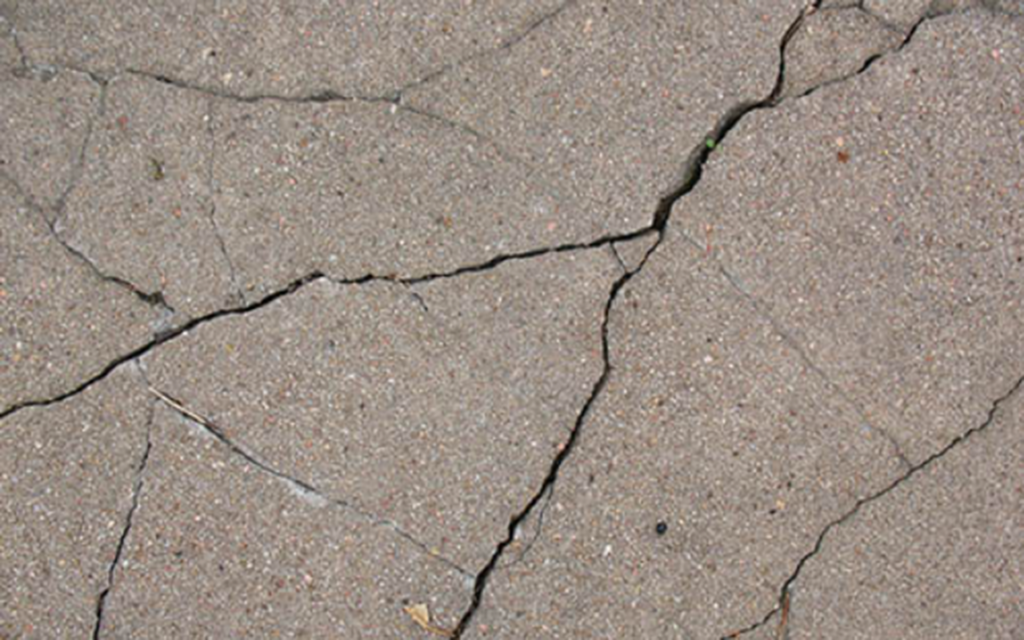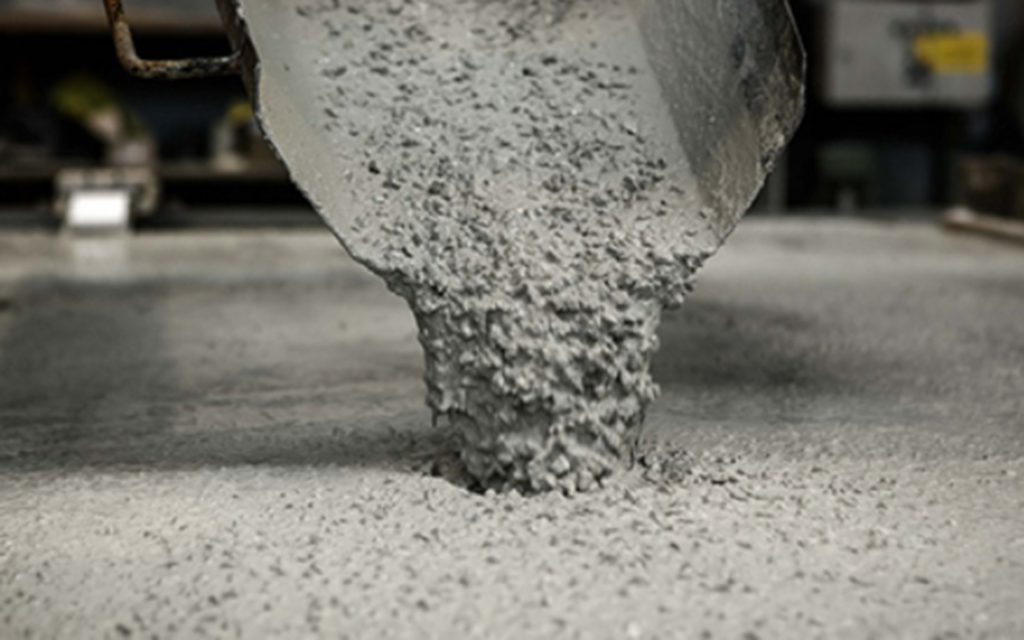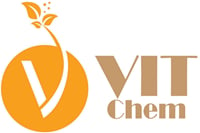CSA expanding agent
CSA expanding agent is made of bauxite, limestone, and gypsum as the primary raw materials and is calcined at around 1300°C and then ground.
The dosage of CSA expanding agent is generally 8% to 10% of cement; the expansion rate of cement mortar is 0.5%; the expanding rate of pure slurry is 1%; the expansion rate of concrete is 0.04% – 0.1%.

Shrinkage-compensating concrete can be made by adding 8% to 12% of the cement content into Portland cement; self-stressing concrete can be made by adding 17% to 25%.
U-shaped concrete expanding agent
U-type concrete expanding agent (United Expansion Agent), or UEA, is an anti-cracking concrete waterproofing agent formulated with inorganic compounds such as aluminum sulfate, alumina, potassium aluminum sulfate, and calcium silicate. It is a “root cause” rigid waterproof material.
This product is a gray-white powder, does not contain harmful substances, does not pollute the environment, and has no impact on water quality.
Ordinary concrete often leaks due to shrinkage and cracking, thus reducing its use, function, and durability. Add a certain amount of UEA to regular concrete to form micro-expansion concrete to compensate for the shrinkage stress generated when the concrete solidifies, so adding concrete with UEA or other micro-expansion agents is also called shrinkage-compensated concrete. After UEA is added to ordinary concrete, it is mixed with water to generate a large amount of expansile crystalline calcium sulfoaluminate hydrate (i.e., ettringite), which causes moderate expansion of the concrete during the curing period and generates a pre-compression stress of 0.2MPa to 0.7MPa. (Self-stress), the tensile strength is increased enough to offset the shrinkage stress caused when the concrete solidifies, thereby reducing or preventing the occurrence of cracks, making the concrete base surface beautiful, preventing oxidation and corrosion of steel bars, and reducing the workload of repairs. UEA can also reduce the heat of hydration, compensate for the temperature difference shrinkage of concrete, and can solve the cracking problem of large-volume concrete when combined with a retarding water-reducing agent.

When more UEA is added to reinforced concrete, the chemical expansion force of UEA causes tensioning of the steel bars, and the reaction force causes the concrete to undergo compressive stress, thus achieving the same effect of mechanical tensioning of the steel bars as the prestressed method.
When the concrete or mortar added with UEA is constrained by external restrictions, the chemical expansion force of UEA acts internally, and the ettringite crystals continue to fill the micropores of the concrete, resulting in an excellent and dense non-shrinkage high-strength concrete or mortar. So, its chemical pressure exerts the same effect as mechanical pressure.
Many expanded ettringite crystals formed during the hydration process of concrete mixed with UEA fill and cut off the capillary pores, reducing the macropores and the total porosity, thus enhancing the self-waterproofing ability of the concrete. Expanded or impermeable cement is an ideal rigid material that saves materials, labor, and time.
In actual projects, the strength of concrete mixed with this product is 10% to 30% higher than that of ordinary cement concrete under restricted conditions, enhancing structures’ safety. Due to the expansion effect, the new and old concrete are closely bonded, and the entire base surface is integrated when UEA concrete is used as a joint or filling material. This overcomes the shortcomings of ordinary concrete, where the stress is concentrated at the construction joints, and shrinkage cracks are formed after solidification. After the UEA concrete is solidified, there will still be a certain amount of micro-expansion and internal stress under humid or watery conditions. For structural cracks less than 0.25mm, the expanded crystal hydrate formed by UEA has a strong growth ability and can self-remove the micro-expansion. Seams heal and prevent micro seam leakage.

UEA can be used in concrete projects and cement products that require crack resistance, anti-seepage, joints, and filling. It is especially suitable for structural self-waterproofing projects such as underground and underwater pools and storage tanks, secondary tank filling projects, and reinforcing joints.




